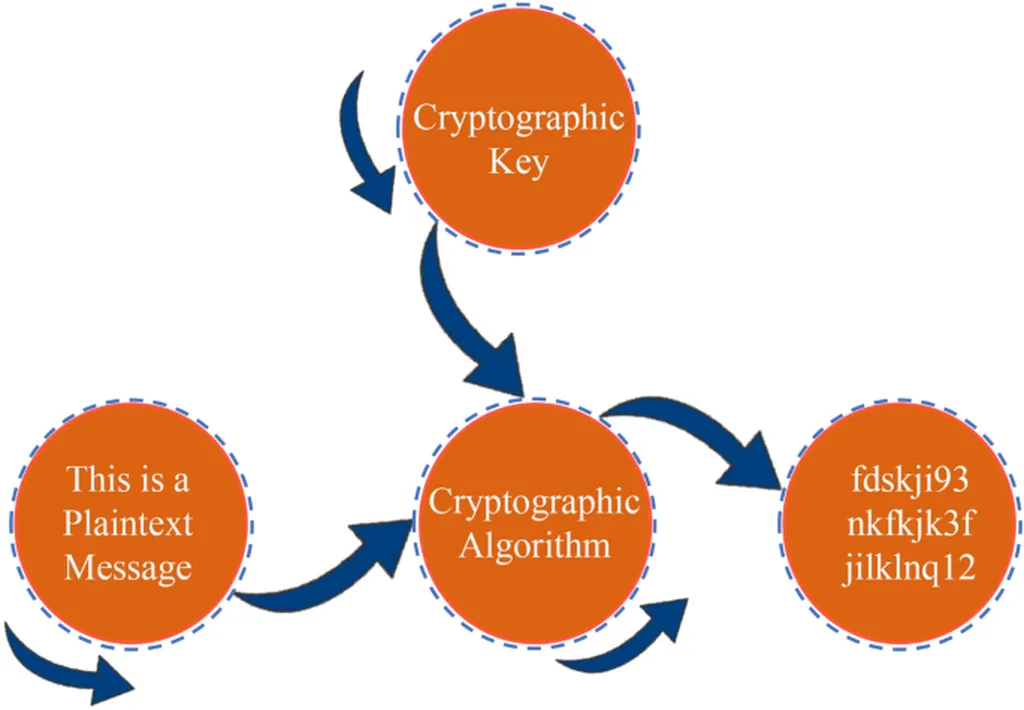In an era where billions of Internet of Things (IoT) devices are connecting to networks, ensuring their information security has become paramount. However, the limited computational capabilities and battery life of these devices pose significant challenges. Traditional block cipher algorithms, while robust, are often too resource-intensive for IoT applications. Enter lightweight block cipher algorithms, a promising solution that could reshape data security in the energy sector and beyond.
A recent study published in *Computer Science* (Jisuanji kexue) titled “Survey of Lightweight Block Cipher” delves into the current state and progress of these algorithms. Led by ZHONG Yue from the Institute of Evidence Law and Forensic Science at China University of Political Science and Law, along with collaborators GU Jieming from the National Computer Network Emergency Response Technical Team/Coordination Center of China and CAO Honglin from the School of Cyberspace Science at Harbin Institute of Technology, the research categorizes lightweight block cipher algorithms into six types based on their structure.
“The continuous growth of network attacks targeting user privacy and the network environment has made it crucial to ensure the information security of IoT devices,” ZHONG Yue explained. “Lightweight block cipher algorithms have emerged to address these challenges, offering a balance between security and resource consumption.”
The study comprehensively compares and analyzes the hardware and software implementations of these algorithms, evaluating them based on multidimensional criteria. It explores the security, resource consumption, and performance aspects in-depth, providing a holistic view of the current landscape.
For the energy sector, the implications are significant. IoT devices are increasingly being deployed in smart grids, renewable energy systems, and other critical infrastructure. Ensuring the security of these devices is not just about protecting data; it’s about safeguarding the entire energy ecosystem. Lightweight block cipher algorithms could provide the necessary security without compromising the performance and efficiency of these devices.
“Future research directions include enhancing the security and efficiency of lightweight block cipher algorithms, as well as exploring their applications in various fields,” ZHONG Yue added. This could pave the way for more secure and efficient IoT devices, ultimately benefiting the energy sector and other industries.
As the world continues to embrace the IoT era, the need for robust and efficient security solutions will only grow. Lightweight block cipher algorithms represent a promising avenue for addressing these challenges, and the research published in *Computer Science* (Jisuanji kexue) provides valuable insights into their current state and future potential.

